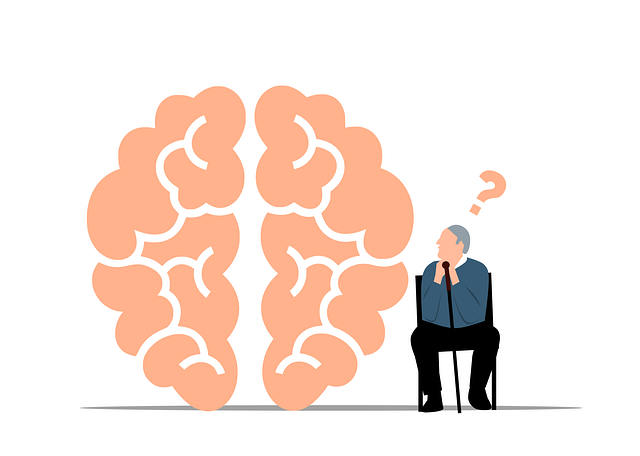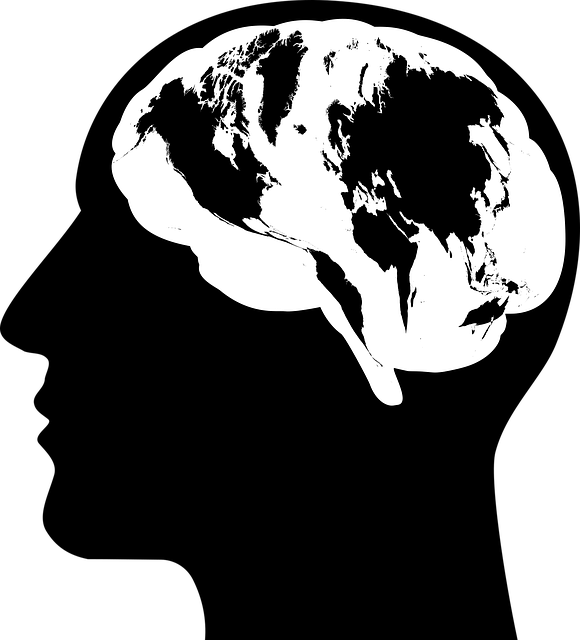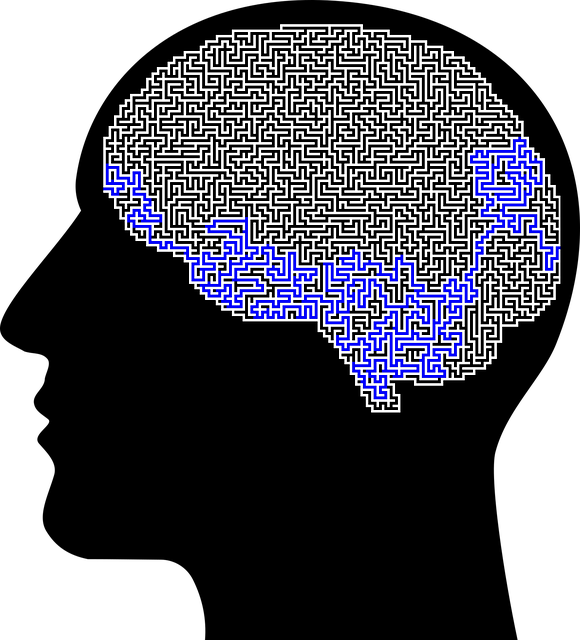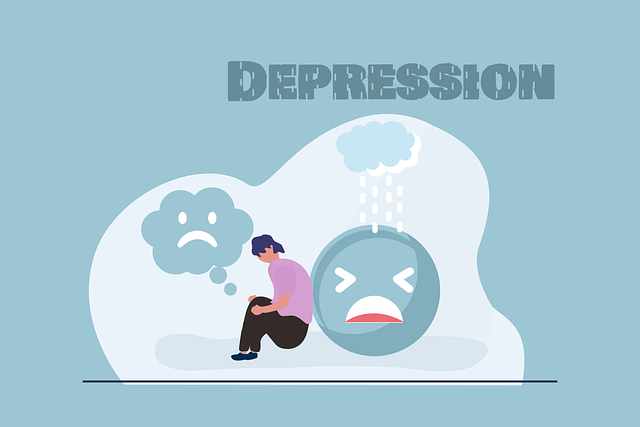Adolescent Oppositional Defiant Disorder (ODD) is a common but complex mental health issue, often linked to trauma and impacting academic performance, social relationships, and emotional well-being. Early intervention through comprehensive therapy is crucial. This includes individual counseling, family therapy, group support, and evidence-based practices like Cognitive Behavioral Therapy (CBT), Dialectical Behavior Therapy (DBT), and Eye Movement Desensitization and Reprocessing (EMDR). Trauma-informed care, focusing on building healthy coping mechanisms, stress reduction, and trauma processing, empowers adolescents to manage ODD symptoms and develop resilience. Tailored activities and group therapy sessions help teens navigate emotions and challenges effectively, fostering mental wellness despite adversity.
Trauma support services are crucial in addressing the complex needs of adolescent oppositional defiant disorder (ODD). This article explores the intricate relationship between trauma and ODD, impacting teens’ behaviors and emotional well-being. We delve into identifying trauma-informed support services tailored for adolescents, emphasizing therapeutic approaches that consider past traumas. By adopting a sensitive perspective, therapists can develop resilient coping strategies for youth with ODD and traumatic experiences, offering hope for better outcomes in therapy for adolescent teens with ODD.
- Understanding Adolescent Oppositional Defiant Disorder (ODD)
- The Impact of Trauma on Teens and its Connection to ODD
- Identifying Trauma-Informed Support Services for Adolescents
- Therapeutic Approaches for ODD in Teenagers: A Trauma-Sensitive Perspective
- Building Resilient Coping Strategies for Youth with ODD and Traumatic Experiences
Understanding Adolescent Oppositional Defiant Disorder (ODD)

Adolescent Oppositional Defiant Disorder (ODD) is a common yet complex mental health challenge characterized by ongoing angry and irritable behaviors, defiant attitude, and frequent arguments with authority figures. This disorder often manifests during childhood and can persist into adolescence if left unaddressed, significantly impacting an teen’s academic performance, social relationships, and overall emotional well-being. Recognizing the symptoms is crucial; behavior that seems simply “teenage rebellion” might be a sign of ODD.
Effective therapy for adolescent teens with ODD often involves a combination of individual counseling, family therapy, and group support. Mental Health Policy Analysis and Advocacy plays a vital role in ensuring accessible and quality care through evidence-based practices focused on mood management and emotional well-being promotion techniques. By implementing these strategies, professionals can help adolescents develop healthier coping mechanisms, improve communication skills, and build resilient relationships, ultimately fostering a more positive outlook and enhanced quality of life.
The Impact of Trauma on Teens and its Connection to ODD

Trauma can have profound and lasting effects on teenagers, often manifesting as Oppositional Defiance Disorder (ODD). Adolescence is a critical period of brain development, and traumatic experiences can disrupt neural pathways, leading to emotional regulation difficulties. Teens dealing with trauma may exhibit defiance, anger, or withdrawal as coping mechanisms. ODD is not merely a phase; it’s a symptom that could signal underlying trauma. Without appropriate support, these issues can escalate, affecting academic performance, social relationships, and overall well-being.
Therapy for adolescent teens with ODD often involves tailored approaches addressing both the disorder and potential trauma. Social Skills Training can help improve interaction dynamics while Compassion Cultivation Practices foster empathy and self-compassion. Burnout Prevention strategies are essential to ensure resilience and healthy coping mechanisms. Early intervention is key to supporting these vulnerable individuals, helping them navigate their experiences and develop positive coping strategies for a healthier future.
Identifying Trauma-Informed Support Services for Adolescents

Identifying Trauma-Informed Support Services for Adolescents is a critical step in ensuring effective care for young individuals facing challenges like Oppositional Defiance Disorder (ODD). Many adolescents struggle with mental health issues stemming from past traumatic experiences, and recognizing these signs is paramount. Trauma-informed approaches prioritize understanding and addressing the impact of trauma on a teenager’s behavior, emotions, and thinking patterns.
Healthcare Provider Cultural Competency Training plays a vital role in this process by equipping professionals with the knowledge to recognize and respect diverse cultural backgrounds, which can influence how trauma manifests. By integrating Mental Health Awareness and Coping Skills Development into treatment plans, support services can empower adolescents to navigate their experiences healthily. This includes teaching them coping strategies that promote resilience and help manage symptoms of ODD effectively.
Therapeutic Approaches for ODD in Teenagers: A Trauma-Sensitive Perspective

Treating Oppositional Defiant Disorder (ODD) in teenagers from a trauma-sensitive perspective is a specialized approach that has gained significant attention in recent years. Many professionals now recognize that underlying traumatic experiences often contribute to the development and persistence of ODD symptoms. By adopting this sensitive lens, therapists can create a safe and supportive environment for adolescents, fostering trust and encouraging open communication.
This therapy model integrates various evidence-based techniques such as cognitive-behavioral therapy (CBT), dialectical behavior therapy (DBT), and eye movement desensitization and reprocessing (EMDR). CBT helps teenagers identify and challenge negative thought patterns while teaching them coping strategies to manage impulsive behaviors. DBT, known for its effectiveness in treating borderline personality disorders, equips teens with skills to regulate emotions, improve interpersonal effectiveness, and increase distress tolerance. EMDR facilitates the processing of traumatic memories, reducing their impact and associated avoidance behaviors. Additionally, confidence-boosting activities and stress reduction methods can be tailored to address the unique needs of each teenager, contributing to their overall well-being and public awareness campaigns development.
Building Resilient Coping Strategies for Youth with ODD and Traumatic Experiences

Building resilient coping strategies is paramount when supporting youth with Oppositional Defiant Disorder (ODD) who have experienced trauma. ODD, characterized by consistent and persistent argumentative or defiant behaviour, often co-occurs with traumatic experiences, creating a complex support need. Traumatic events can significantly impact a young person’s mental wellness, making it crucial to implement tailored interventions. Therapy for adolescent teens with ODD and a history of trauma should focus on developing healthy coping mechanisms that promote stress reduction methods.
Professionals in the field of mental health must be equipped with effective risk management planning to address these complex cases. By integrating evidence-based practices, therapists can empower youth to navigate their emotions and challenges more effectively. Through individual or group therapy sessions, adolescents learn to identify triggers, process traumatic memories, and develop adaptive coping strategies tailored to their unique experiences. This holistic approach fosters mental wellness and builds resilience, enabling young people with ODD and traumatic histories to thrive despite adversity.
Trauma support services play a pivotal role in addressing the complex needs of adolescents struggling with Oppositional Defiant Disorder (ODD) and co-occurring traumatic experiences. By adopting a trauma-informed approach, as highlighted in this article on therapy for adolescent teens with ODD, professionals can effectively build resilient coping strategies. Understanding the connection between trauma and ODD is essential to providing tailored support, fostering recovery, and enhancing the overall well-being of affected youth.










